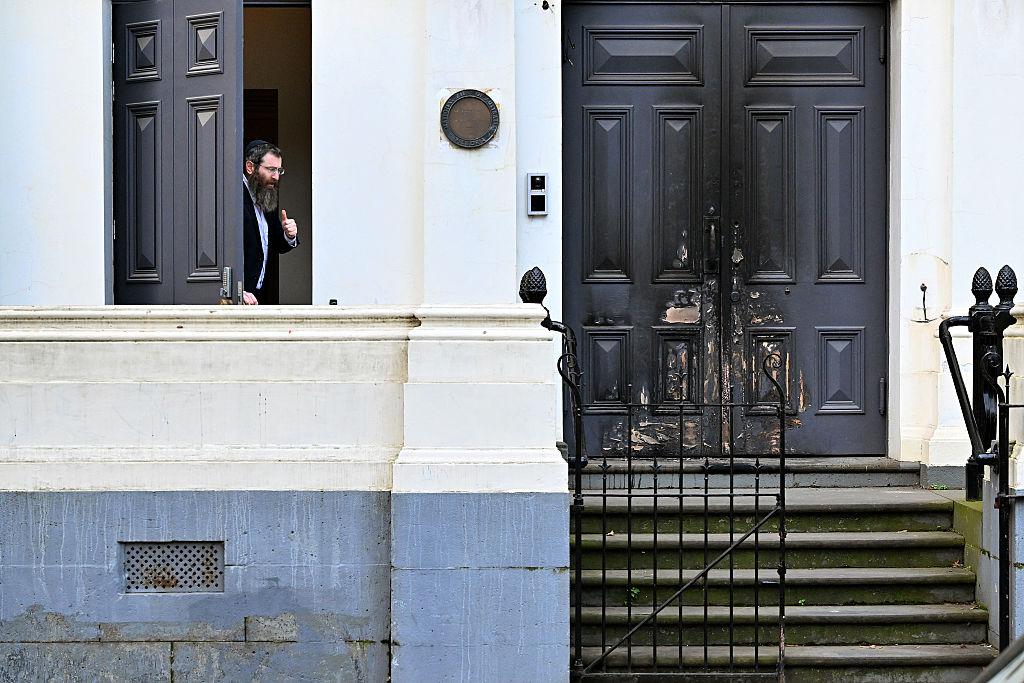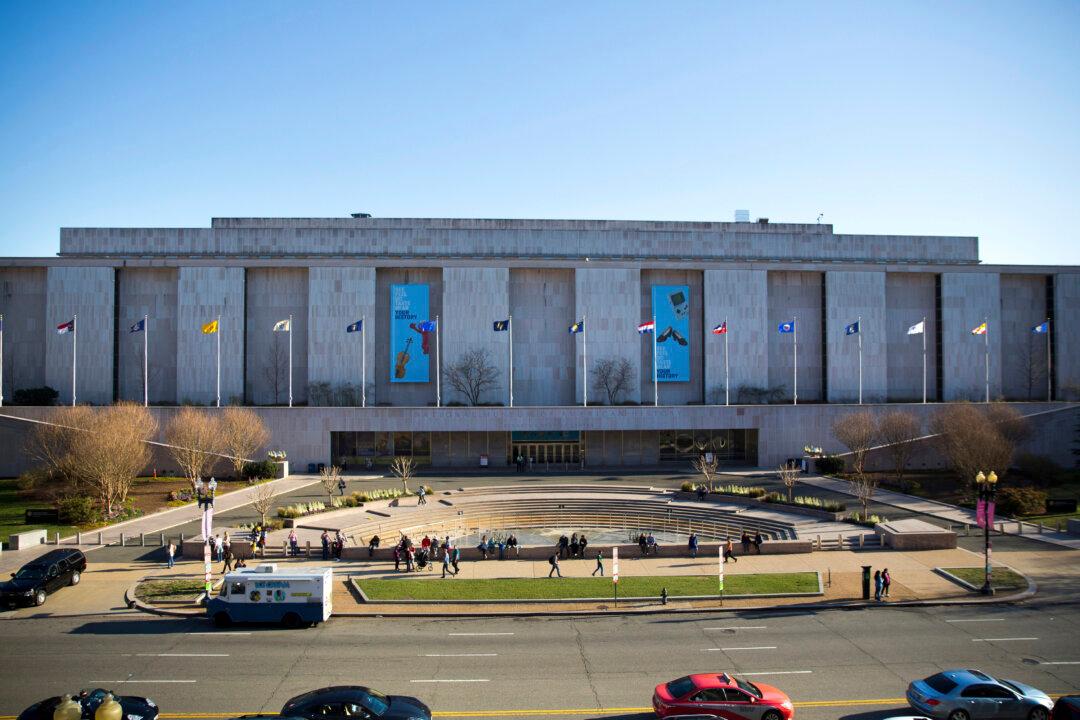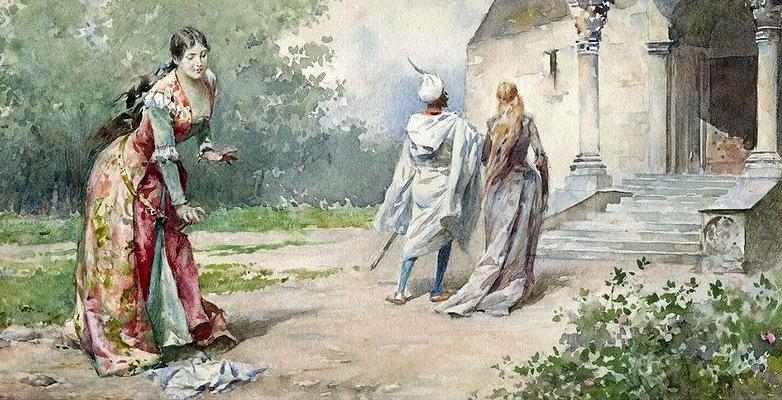Commentary
Victory or defeat in democratic elections often provokes elation or misery, neither of which, for obvious reasons, is long-lasting. Politicians rarely stick to their promises, and even when they try to do so they are often thwarted by circumstances beyond their control or by the surreptitious resistance of bureaucracies. Moreover, even when promised policies are fulfilled, they may have unanticipated harmful consequences. The electorate soon forgets that it had any part in bringing them about.





